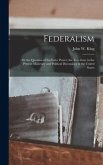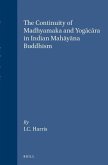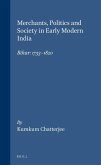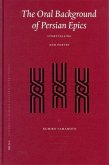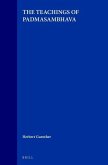Between 1916 and 1947 power structures in present-day Gujarat were determined by three political factors: the princes of these states of Western India, the nationalist politicians, and the British paramount power. This book pictures the patterns of interaction between the three agents. The author first defines the interests of the three parties. In several case studies it becomes clear how their relationship was shaped by the typical pursuit of "sovereignty by the rulers, "power by the politicians, and "control by the British. Essential topics such as the princes' right to collect duty on imported goods, the debate over the tiny states in the Gujarat, the British policy towards youthful princes, and the honours system are carefully explored. This thorough study offers the opportunity to gain a clear understanding of "the mechanics of political interaction in princely India. This is the first major scholarly contribution to an until now largely ignored field of interest.
Hinweis: Dieser Artikel kann nur an eine deutsche Lieferadresse ausgeliefert werden.
Hinweis: Dieser Artikel kann nur an eine deutsche Lieferadresse ausgeliefert werden.


